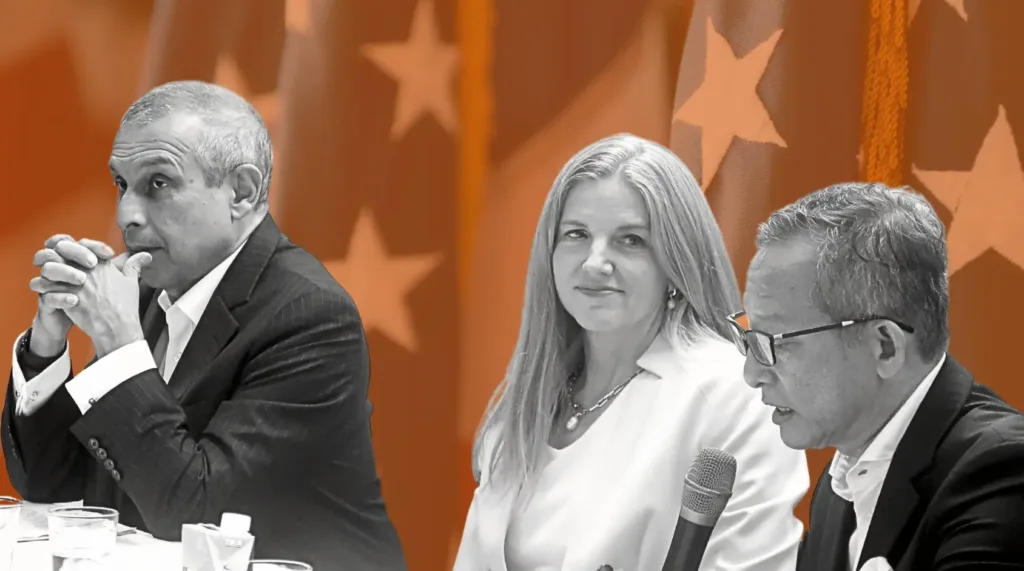The crisis in Ukraine has raised the possibility of Russia cutting off its natural gas supply to the European Union (EU) to retaliate against Western sanctions. But will Russia really do that at the expense of its gas income? If it does, will it be able to make up the lost revenue by turning to the Asia market?
Russia has in the past used disruption of gas supplies as leverage against countries like Ukraine, Hungary, Romania and Poland. But the market size of these countries is way smaller than the collective market of the whole EU bloc. Russia supplies about a quarter of the EU’s natural gas. Demand from the EU adds up to US$45 billion (S$56 billion), or some 60 per cent of the Russian government’s gas revenue last year.
Can Russia rely on Asia?
Analysts believe Russia will turn to the megamarket of China to sustain its gas industry. The two countries signed a US$400 billion (S$502 billion) gas deal earlier this year, and the construction of a 3,968km pipeline linking gas fields from eastern Siberia to China has just begun. However, the pipeline would not be ready until 2018, which means Russia will still have to cope with heavy losses in the next few years. Even after the pipeline is up and running, the amount of gas China imports is likely just a quarter of the EU’s combined demand.
Russia of course can still turn to other Asian states to generate more gas sales. India may want to sign a similar gas deal with Russia, considering its keen interest to move away from a coal-driven and shift towards a gas-focused economy. But this deal remains a hypothetical one. China, in the first place, may not agree to extend the pipeline to India. And even if the infrastructure were to be extended all the way to Southeast Asia, countries that are friendly to the United States may be reluctant to receive gas supply from Russia.
Russia to face increased competition
In addition, the global market has undergone a major shake-up after the US achieved a breakthrough in shale gas extraction. The American success has already led to fracking technology being adopted in Canada. Gas firms are also looking to begin similar extraction in Europe, China and Australia.
In the long run, the shale gas boom may reduce Russia’s share of the gas market. When European reliance on Russian energy goes down, Russia will have to look for other bargaining chips for its threats to be taken seriously.
Sources:
Don’t Panic: Russia’s Energy Pivot to Asia and European Energy Security [Atlantic Council, 7 Jul 2014]
Europe will be Russia’s hostage over gas supplies for at least another decade [Telegraph, 26 Aug 2014]
4 reasons Russia will keep gas flowing [CNN, 12 March 2014]
Call Putin’s bluff – he will not cut off Europe’s gas [Financial Times, 1 Sep 2014]
Image Credit: Map of the major existing and proposed Russian natural gas transportation pipelines to Europe – Samuel Bailey, Wikimedia Commons




